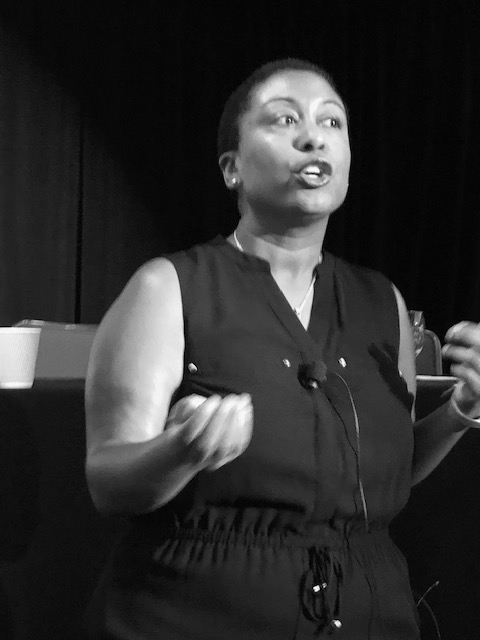Strategic campaign structure helps news organizations grow revenue, partners and audience

Campaigns can help news organizations build revenue through sponsorships, grow general brand awareness and cultivate a specific niche audience. Earlier this summer, I shared tips on how to craft a strategic sponsorship campaign with members of the Institute for Nonprofit News at its annual conference, INNDAYS2019 in Houston.
My presentation, which goes into more detail on some of these items can be read here, and for those who missed my Houston talk, I’d like to share some of the questions nonprofit journalism organizations asked and an edited version of my responses.
INN member question: How do you define a campaign?
My response: My definition is a concerted effort to work toward a goal that involves multiple pieces and outreach. I first learned about campaigns when I watched my dad, a former advertising and marketing executive, talk and plan grocery sales brochures and marketing information when I was a little girl. That taught me that campaigns have a specific goal and often have to repeat information in multiple channels.
For example, going on a general sponsorship call is not a campaign. But planning a list of 25 prospect targets to approach around a specific goal with clearly defined marketing language and a plan of outreach is an example of a campaign. Campaigns are important because they can give structure to revenue, audience and general outreach work.
I recommend all sponsorship campaigns include these basic pieces:
- Campaign focus
- Revenue, audience or brand awareness goals
- Sponsorship calendar with planning built into timeline
- Prospect or target list
- Marketing plan with communication channels and messaging prewritten
- External relationships plan
INN member question: How do you determine what to focus on with campaigns?
My response: It is very unique to the product offerings of the organization and potential growth markets. It’s important to have a pulse on one’s community, industry trends and what current sponsors and non-sponsors want and value. Understanding that pyramid can help you identify areas you want to focus on with campaigns. I highly recommend continuous campaigns (giving yourself a break between them of course) because it is a way to constantly keep filling your prospect pipeline.
INN member question: What role does research play into this work?
My response: I guess I’ve gotten so comfortable with this that I don’t really think about the research, but it’s definitely a part of the work. I’m looking at what the potential sponsors value, what the audience is responding to (metrics, community info/studies/surveys) and what the news organization has to offer or can make. All of that is part of my research before I create or propose a campaign schedule. And in small orgs, one person may do a lot of this work, but in larger companies, it can be very collaborative, cross departmental.
INN Member question:What kinds of ethical policies should be in place?
My response: I once worked for a publisher who was very smart and savvy when dealing with sponsors to make sure they knew they would not influence the editorial content. She explained panels at events as the live version of editorial content to help sponsors understand why they can not journalistically influence the experience they sponsored. That always stuck with me as a way to explain to sponsors how this works.
In terms of ethics policies, I find that company-wide policies are best. At least that has been my experience in my previous jobs. I have not worked in a place where ethics policies – such as limiting accepting items of value – were only expected of one group of employees. It is important that everyone in your organization understands the ethical expectations.
INN Member question: Give examples of the types of campaigns you have run?
My response: My first sales campaigns were focused on video products at the Associated Press and then they expanded to areas of other digital products, images, etc. at AP. While at American City Business Journalist, I put together a successful sponsorship campaign for the Book of Lists product.
Comments